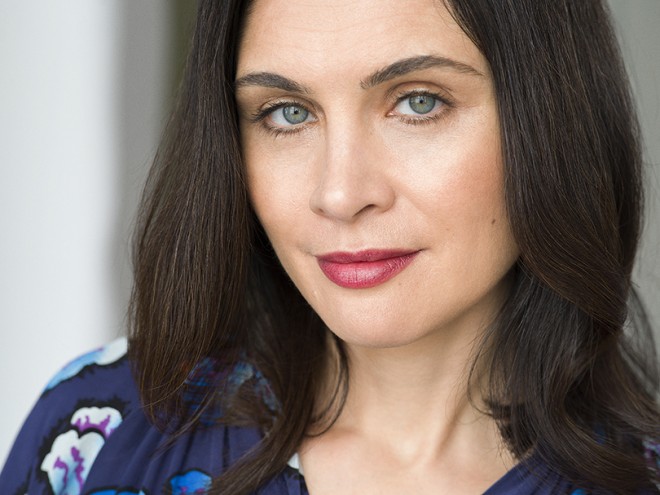At first glance, Lauren Mechling’s new book, How Could She, has a simple premise akin to Sex and the City — three women in New York navigating the worlds of work, romance, and friendship. But these characters are more nuanced and sharply drawn. The novel begins with thirty-six-year-old Geraldine, who is living with a revolving door of roommates in her hometown of Toronto and is still depressed after calling off her engagement four years earlier. A sudden burst of inspiration leads her to quit her dull magazine job and try her luck in New York, where she reconnects with her old colleagues, Sunny and Rachel.
Mechling, a journalist and the creator of the popular Instagram account “Clog Life,” has a keen understanding of female friendships. Geraldine, Sunny and Rachel have known each other for over a decade and are fully aware of each other’s flaws — but that doesn’t mean they always know how to relate to each other. As Geraldine’s star rises, the friendships between the three women become more strained.
In the beginning, Sunny appears to be the most “together” of the three as a semi-successful illustrator living a comfortable life with her older, wealthy husband. But this belies her reality. Sunny describes herself as a “simulacrum” of an artist, and her husband’s wealth means her job is never deemed as important as his. She also doesn’t seem to know how to be a good friend, as Geraldine tells her at one point, “Even if you’re trying to be nice, it can be painful to be around you.” Sunny compounds the problem with ill-advised choices when it comes to men, betraying Rachel and Geraldine’s trust in the process.
Nearly all of the romantic relationships portrayed in the book have consequences for the women’s careers and friendships — although the same does not seem to apply to the men they are involved with. Geraldine’s philandering ex-fiancé, another wealthy man, writes her long emails after she moves to New York, threatening to pull her away from her newfound career success. Even Rachel, who we are led to believe has a good marriage, is compelled to compromise her own desires when her husband is offered a new opportunity. It seems as though the choice should be a no-brainer, as it will give her the freedom to pursue writing full-time. However, Mechling suggests that although this is a privileged choice, it was the farthest thing from Rachel’s mind — and she feels guilty for expressing her unhappiness.
In a climactic moment, Sunny says to the other two, “Are we ever going to get to a point where we can just be? Where we’re not a group of women bearing grudges and sizing ourselves up against one another?” The women are undoubtedly privileged, but they only seem to use it to pick at each other.




